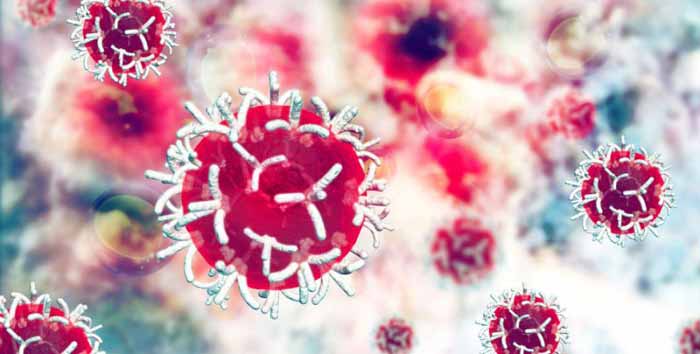
bdmetronews Desk ॥ Cases of anal cancer are increasing in the U.S., according to new research—and more people are dying of the disease.
For the study, which was published in the Journal of the National Cancer Institute, researchers looked at trends in anal cancer cases over 15 years. During that time, they detected about 69,000 cases and more than 12,000 deaths.
Cases of squamous cell carcinoma of the anus increased 2.7% each year, while cases of distant stage squamous cell carcinoma of the anus (where the cancer has spread to other areas of the body) tripled among men and increased 7.5% in women. Young black men and older men and women were especially at risk for the disease.
Anal cancer deaths are also on the rise, the study found. The researchers discovered that deaths increased about 3% every year with “statistically significant” spikes in people who are 50 and older.
So, why are cases of anal cancer on the rise?
The main theory: “It is likely reflective of changes in environmental exposures, particularly infection with the human papillomavirus (HPV), which is responsible for 86 to 97% of all anal cancers,” says Stephanie H. Greco, M.D., assistant professor in the Department of Surgical Oncology at Fox Chase Cancer Center.
HPV is actually a group of roughly 200 related viruses, per the National Cancer Institute, more than 40 of which are spread directly through sexual contact (from kissing to oral sex). And it’s shockingly common: Roughly 79 million Americans are currently infected with HPV. In most cases, this isn’t something to totally freak out about—it usually clears on its own with two years without causing any problems, the CDC says.
But in some cases, it doesn’t go away, and that’s when issues like genital warts start to crop up. In addition to anal cancer, specific strains of HPV have also been linked to cervical, head and neck, penile, vulvar, and vaginal cancers. The CDC estimates that nearly 35,000 cases of these cancers are caused by HPV each year.
While the HPV vaccine exists specifically to prevent infections and the complications that may ensue, immunization rates across the country aren’t great, Dr. Greco points out.
The Centers for Disease Control and Prevention (CDC) recommends the first dose of the HPV vaccine between 11 and 12 years old (or as early as 9), and a second dose up to a year after. If you weren’t vaccinated as a kid, it’s still recommended for people up to 26 years old who missed it (and insurance will cover it). But the older you get, the more likely it is that you’ve already been exposed to HPV.
What are the signs of anal cancer?
If you’ve already been exposed to HPV or have not been vaccinated, knowing how to spot the symptoms of anal cancer is crucial. As with any cancer, early detection can help improve your chances of successful treatment.
Anal cancer causes no symptoms in up to 20% of patients, but there are some red flags to watch for, per the American Cancer Society (ACS):
>Rectal bleeding
>Rectal itching
>A lump or mass at the anal opening
>Pain or a feeling of fullness in the anal area
>Narrowing of stool
>Changes in bowel habits (like having more or fewer bowel movements)
>Abnormal discharge, mucous, or pus from the anus
>Swollen lymph nodes in the anal or groin areas







